Individuals building mini apartments must establish an investment project.
The latest draft amended Housing Law submitted by the Government to the National Assembly stipulates that individuals are only allowed to build houses on residential land under their own use, allocated or compensated by the State, or rented or borrowed from other organizations or individuals.
On this basis, the draft Law specifically stipulates the conditions for the development of multi-storey, multi-apartment housing for individuals (mini apartments). Specifically, individuals are allowed to build houses with 2 or more floors, with each floor having a design and construction of apartments for sale or rent-to-own for each apartment. They are allowed to build houses with 2 or more floors and a scale of 20 or more apartments for rent.
To build this type of housing, individuals must meet the conditions to be investors in housing construction investment projects. Construction investment is carried out in accordance with the provisions of the law on construction and other relevant legal provisions for housing construction investment projects.
"The sale, hire-purchase, and lease of this apartment shall be carried out in accordance with the provisions of this law and the law on real estate business. The granting of certificates for each apartment shall be carried out in accordance with the provisions of the law on land," the draft amended Housing Law stated.
The draft law also stipulates that individuals have the right to use residential land to build houses with 2 floors or more and a scale of less than 20 apartments, and on each floor there is a design and construction of apartments for rent. The investment in building this house must be carried out in accordance with the following regulations:
Meet the requirements on construction standards for multi-storey houses and individual apartments for rent according to the regulations of the Minister of Construction .
Fire prevention and fighting design and approval must be carried out and fire prevention and fighting management measures implemented according to the provisions of the law on fire prevention and fighting for multi-storey houses and individual apartments for rent.
The management and operation of multi-storey and multi-apartment houses of individuals is carried out according to the Regulations on Management and Use of Apartment Buildings issued by the Minister of Construction.
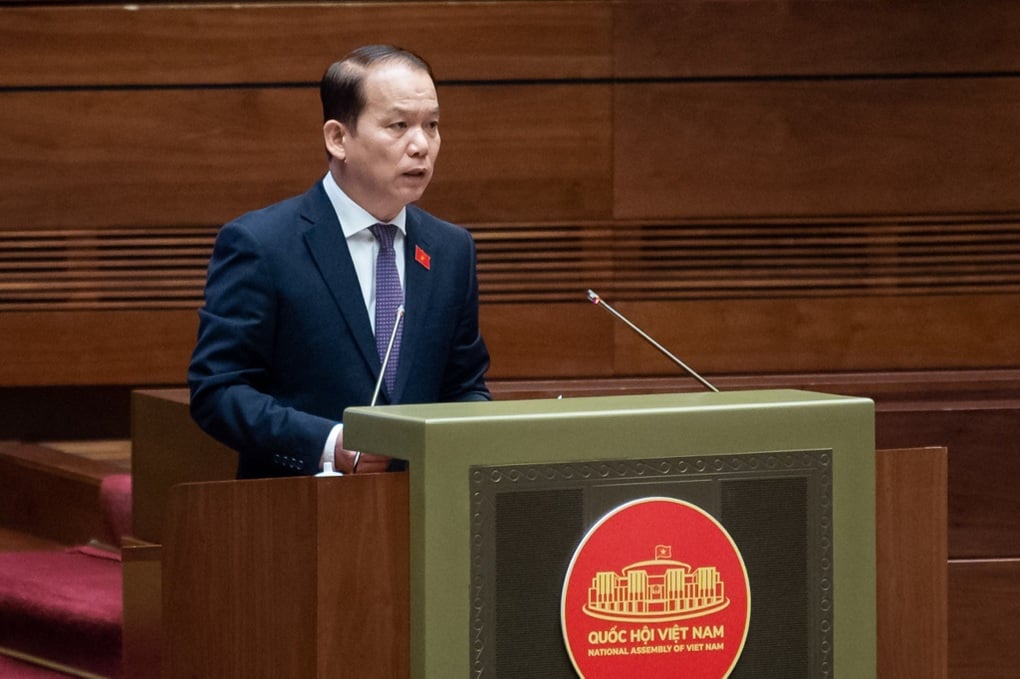
Chairman of the National Assembly's Law Committee Hoang Thanh Tung presented a report explaining, accepting and revising the draft amended Housing Law (Photo: Quochoi.vn).
Examining the content of development of multi-storey, multi-apartment housing of individuals, the Standing Committee said that many opinions suggested the need for stricter regulations on development, management and use of multi-storey, multi-apartment housing of individuals, especially requirements on construction standards, fire prevention and fighting; not issuing certificates for each apartment and this type of apartment can only be rented out, the management and operation work is the responsibility of the homeowner.
To overcome the shortcomings and limitations in the development, management and use of this type of housing in recent times, based on the opinions of National Assembly deputies and the Government , the National Assembly Standing Committee proposed to make adjustments in a more stringent direction.
Specifically, for multi-storey houses and individual apartments, if there are 2 floors or more and less than 20 apartments for rent, they must meet the requirements of construction standards as prescribed by the Minister of Construction. The project must be designed, approved for fire prevention and fighting and implement fire safety management measures in accordance with the provisions of the law on fire prevention and fighting.
In case an individual builds a house with 2 floors or more for sale or rent-to-own, or with 2 floors and a scale of 20 apartments or more for rent, he/she must prepare an investment project and meet the conditions to be the investor of a housing construction investment project.
Proposal not to grant certificates to individual mini apartments
Regarding this issue, in the hallway of the National Assembly, delegate Hoang Van Cuong (Hanoi National Assembly delegation) - Member of the National Assembly's Finance and Budget Committee said that in the current laws, there is no law regulating mini apartments. In fact, mini apartments are built by people who have land, build mini apartments themselves and resell them, so they are called mini apartments.
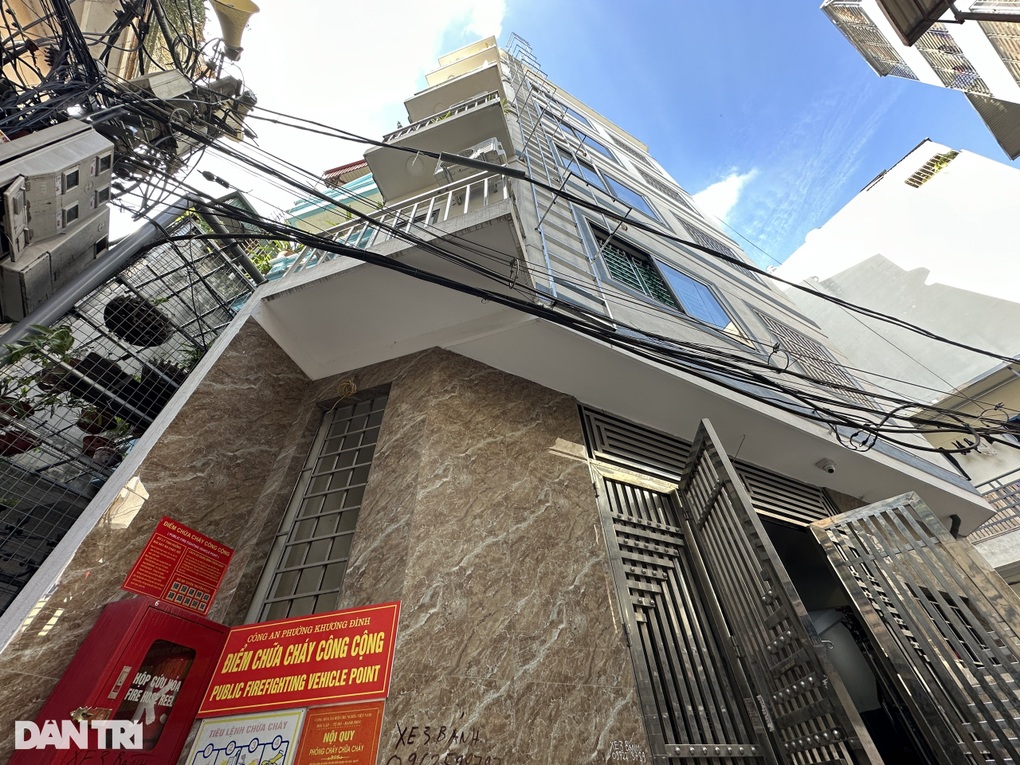
A series of unsafe mini-apartments are currently existing in many localities (Illustration: Nguyen Hai).
Regarding the issues being raised, delegate Cuong said that mini apartments need to adjust two issues.
The first is to repair and renovate according to apartment standards for projects that have been built. "Mini apartments that have been built and sold need to be reviewed to see if they have been licensed and designed? We already have housing standards, so we need to apply policies here. If any mini apartment building, after being reviewed, does not meet standards, then the investor himself must repair it to have an escape route, a place for entertainment and public activities," said delegate Cuong.
Second, according to delegate Hoang Van Cuong, the first responsibility for the occurrence of mini apartments that do not meet the correct conditions and standards lies with the investors. The responsibility of the State management agency in managing incorrect and uncertain approvals also needs to be handled administratively.
"This is not about accepting mistakes but must determine that mini apartments have occurred and must be remedied to ensure people's lives and minimum living conditions," the delegate emphasized.
Regarding mini apartments, previously, according to the Ministry of Construction in the draft Law, it was also proposed not to issue Certificates of land use rights and house ownership rights for each apartment when building individual houses with multi-storey and multi-apartment designs. Therefore, it is not necessary to set requirements to separate common and private use areas.
Source




![[Photo] Hanoi morning of October 1: Prolonged flooding, people wade to work](https://vphoto.vietnam.vn/thumb/1200x675/vietnam/resource/IMAGE/2025/10/1/189be28938e3493fa26b2938efa2059e)



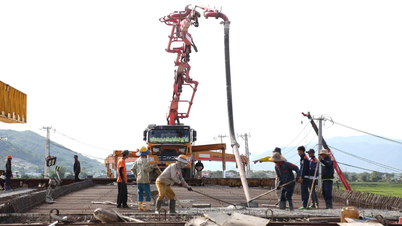




























![[Photo] Panorama of the cable-stayed bridge, the final bottleneck of the Ben Luc-Long Thanh expressway](https://vphoto.vietnam.vn/thumb/1200x675/vietnam/resource/IMAGE/2025/9/30/391fdf21025541d6b2f092e49a17243f)
![[Photo] President Luong Cuong receives President of the Cuban National Assembly Esteban Lazo Hernandez](https://vphoto.vietnam.vn/thumb/1200x675/vietnam/resource/IMAGE/2025/9/30/4d38932911c24f6ea1936252bd5427fa)























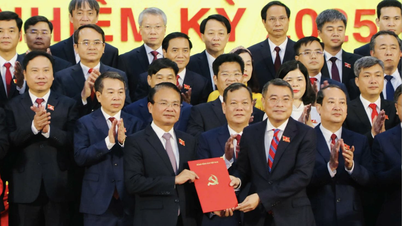














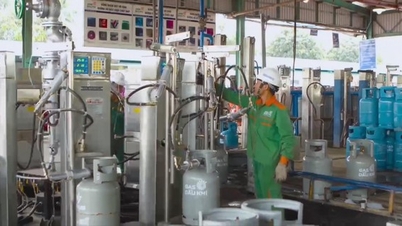




















Comment (0)